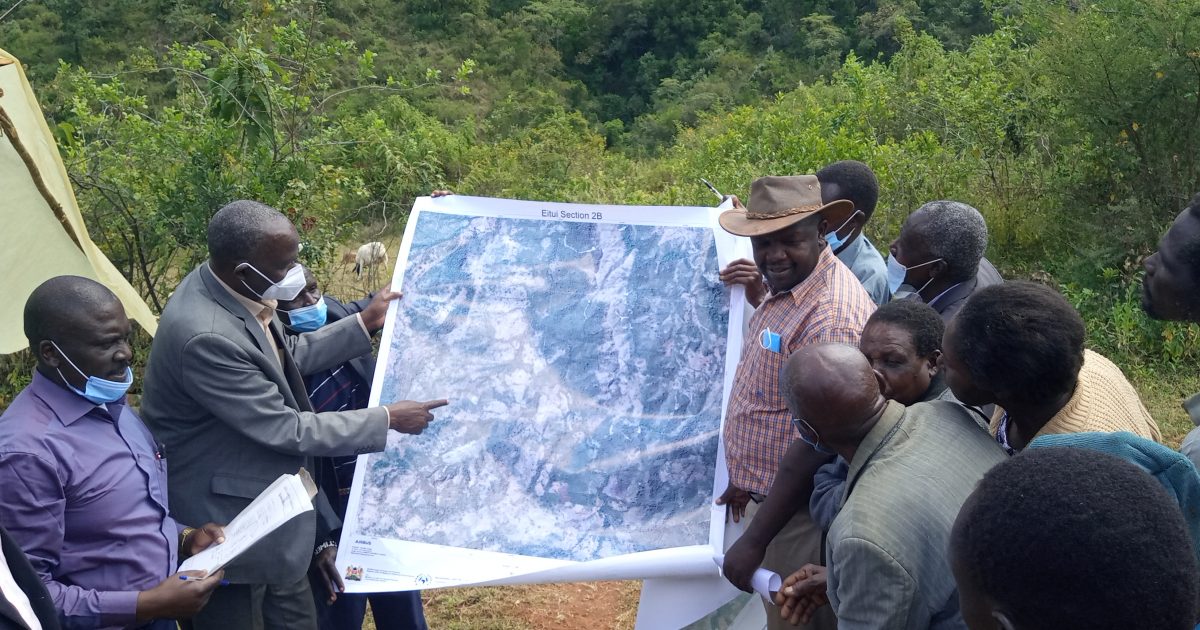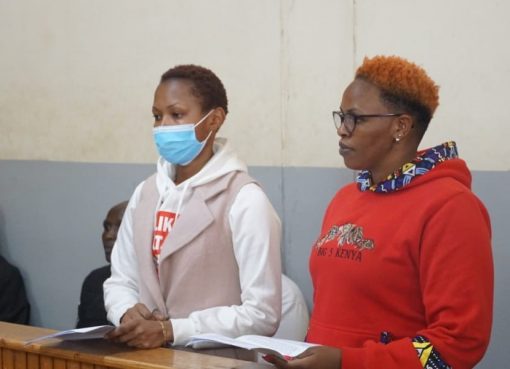Baringo Governor Stanley Kiptis has called on adjudication committees tasked to oversee land demarcation exercise in the area to consider protecting natural resources.
Speaking on Tuesday when he presided over the launch of land adjudication exercise for Eitu and Leibatai sections 2B in Tenges ward of Baringo Central Governor Kiptis discouraged human settlement and farming activities near hilly zones and water catchment areas.
He observed that if natural resources like indigenous forests and water sources are not well protected calamities such as landslides and soil erosion will always occur with devastating effects.
“Forests and hills should be left out of the demarcation process because if encroached can affect the quality of life for present and future generations,” he said.
Kiptis added that such areas were important because apart from attracting rain can also promote tourism activities which will in turn transform economy of the county at large.

The governor who was accompanied by area MCA Silas Tochim encouraged local residents to embrace conservation agriculture and other natural resources by planting more trees in their farms, along water sources and areas adjacent to hill sides.
He revealed that 85 percent of land in the county has not been demarcated and his administration was working round the clock to ensure that it was finalised so that residents acquire title deeds to assist them borrow loans to develop their parcel of lands.
“We have set aside Sh1.5 million to support the process of land adjudication in the county and our target is to ensure that areas like Marigat and Sandai in Baringo South, Tangulbei, Barbello and Kolowa benefit from the same next year,” he said.
Mr Kiptis pointed out that the exercise which they commenced in 2018 will minimize conflicts amongst communities over viable resources like mineral deposits, common boundaries, water points and pasture for animals.
He stated that the demarcation that targets 600 families within the two adjudication sections will help improve socio-economic well-being of area people who will be enabled to engage in meaningful activities like agribusiness to generate more income and subsequently boost food security in the region.
By Benson Kelio/Joshua Kibet




